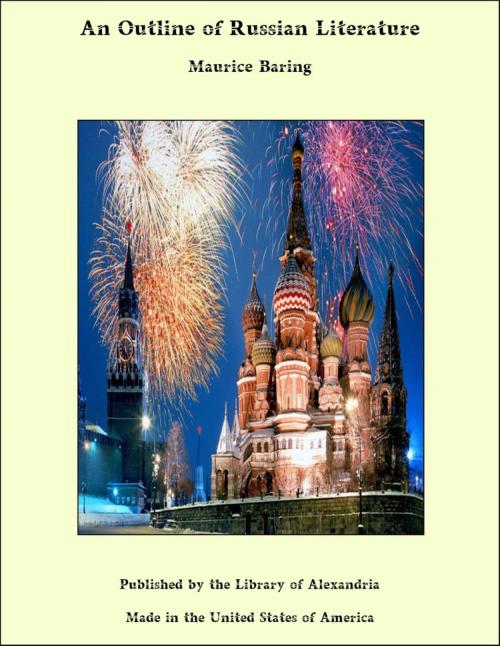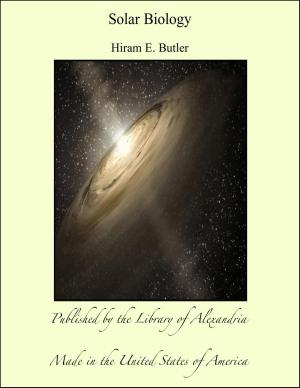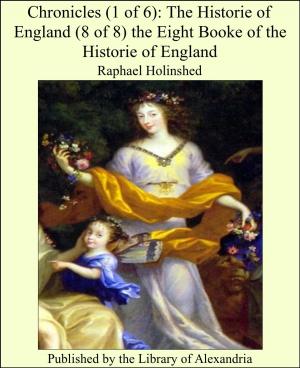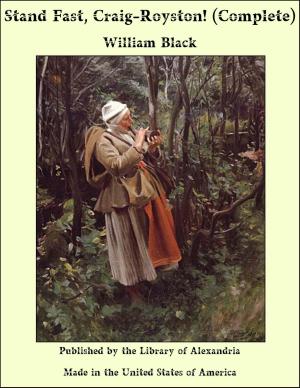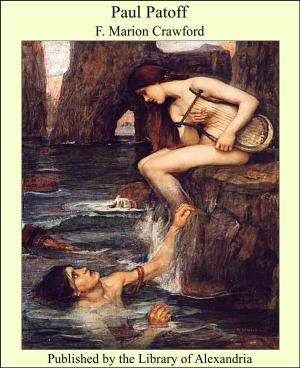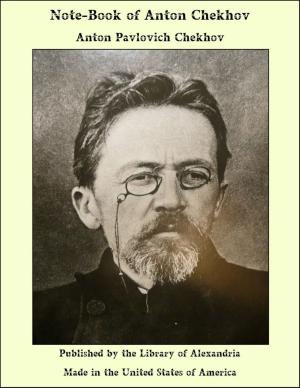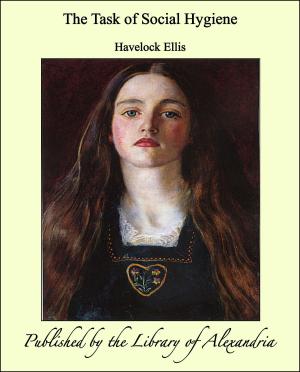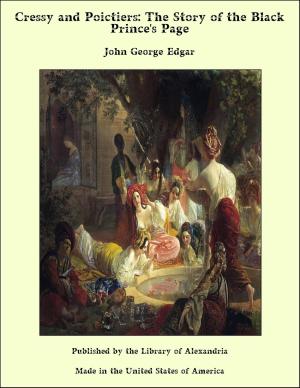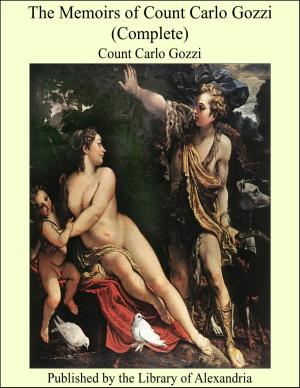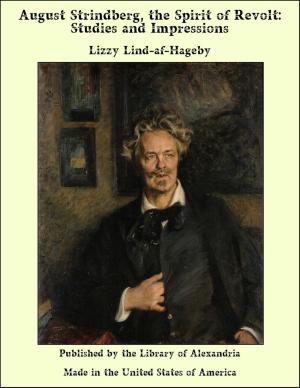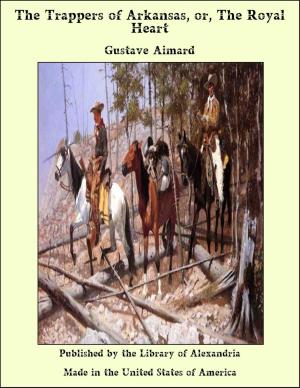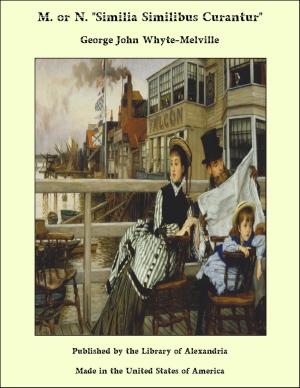An Outline of Russian Literature
Nonfiction, Religion & Spirituality, New Age, History, Fiction & Literature| Author: | Maurice Baring | ISBN: | 9781465601841 |
| Publisher: | Library of Alexandria | Publication: | March 8, 2015 |
| Imprint: | Language: | English |
| Author: | Maurice Baring |
| ISBN: | 9781465601841 |
| Publisher: | Library of Alexandria |
| Publication: | March 8, 2015 |
| Imprint: | |
| Language: | English |
The chief difficulty which Englishmen have experienced in writing about Russia has, up till quite lately, been the prevailing ignorance of the English public with regard to all that concerns Russian affairs. A singularly intelligent Russian, who is connected with the Art Theatre at Moscow, said to me that he feared the new interest taken by English intellectuals with regard to Russian literature and Russian art. He was delighted, of course, that they should be interested in Russian affairs, but he feared their interest was in danger of being crystallized in a false shape and directed into erroneous channels. This ignorance will always remain until English people go to Russia and learn to know the Russian people at first hand. It is not enough to be acquainted with a certain number of Russian writers; I say a certain number advisedly, because, although it is true that such writers as Tolstoy and Turgenev have long been naturalized in England, it is equally true that some of the greatest and most typical of Russian authors have not yet been translated. There is in England no complete translation of Pushkin. This is much the same as though there were in Russia no complete translation of Shakespeare or Milton. I do not mean by this that Pushkin is as great a poet as Shakespeare or Milton, but I do mean that he is the most national and the most important of all Russian writers. There is no translation of Saltykov, the greatest of Russian satirists; there is no complete translation of Leskov, one of her greatest novelists, while Russian criticism and philosophy, as well as almost the whole of Russian poetry, is completely beyond the ken of England. The knowledge of what Russian civilisation, with its glorious fruit of literature, consists in, is still a sealed book so far as England is concerned.
The chief difficulty which Englishmen have experienced in writing about Russia has, up till quite lately, been the prevailing ignorance of the English public with regard to all that concerns Russian affairs. A singularly intelligent Russian, who is connected with the Art Theatre at Moscow, said to me that he feared the new interest taken by English intellectuals with regard to Russian literature and Russian art. He was delighted, of course, that they should be interested in Russian affairs, but he feared their interest was in danger of being crystallized in a false shape and directed into erroneous channels. This ignorance will always remain until English people go to Russia and learn to know the Russian people at first hand. It is not enough to be acquainted with a certain number of Russian writers; I say a certain number advisedly, because, although it is true that such writers as Tolstoy and Turgenev have long been naturalized in England, it is equally true that some of the greatest and most typical of Russian authors have not yet been translated. There is in England no complete translation of Pushkin. This is much the same as though there were in Russia no complete translation of Shakespeare or Milton. I do not mean by this that Pushkin is as great a poet as Shakespeare or Milton, but I do mean that he is the most national and the most important of all Russian writers. There is no translation of Saltykov, the greatest of Russian satirists; there is no complete translation of Leskov, one of her greatest novelists, while Russian criticism and philosophy, as well as almost the whole of Russian poetry, is completely beyond the ken of England. The knowledge of what Russian civilisation, with its glorious fruit of literature, consists in, is still a sealed book so far as England is concerned.
